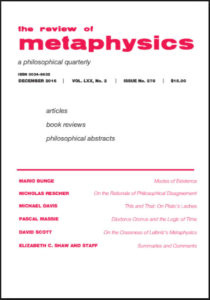
The book proceeds in three parts, beginning with definitions and an understanding of the nature of leadership in general and of democratic leadership in particular. Then, Part II examines four challenges for a democratic theory of leadership. Finally, in Part III, the book tests the theory of democratic leadership in addressing problems of poverty, educational frustration, and racial divides, particularly aggravated in Mississippi.
Read Chapter 1, excerpted from the book.
Endorsements:
“This book will certainly re-orient the field of leadership studies, but its impact will extend beyond that field. By connecting leadership with broader issues about participatory democracy, Weber will find grateful readers across political theory. He strikes a tone of optimistic practicality that especially rings true for pragmatic generation Xers and civic-minded Millennials. This book and its author are positioned as precisely that sort of new public voice capable of leading the next generations as they rise into political power and leadership themselves.”
– Dr. John Robert Shook, University at Buffalo, New York
“From Plato through today’s college students, Eric Weber’s Democracy and Leadership carefully examines the pedagogy of leadership development. Because the book is so rich in content and style, you can add Weber’s name to a select list of noted Southern scholars and writers.”
– Dean James L. “Skip” Rutherford, The Clinton School of Public Service, The University of Arkansas, Little Rock, AR
“This superbly researched and written book defines more clearly than anything that I have read in recent years the elements that are essential for a democratic political system to fulfill its proper mission. Coming as it does in a time of diminished public decision-making capability, particularly at the national governmental level, this volume points the way out of our current malaise. It should be read by every citizen who wants to see our system work as well as it is capable of. As a former governor of Mississippi, I can attest to the value of the wise and pragmatic counsel which it contains.”
– The Honorable William Winter, Governor of Mississippi from 1972-1976 and from 1980-1984, the “Education Governor.”









 About Me
About Me